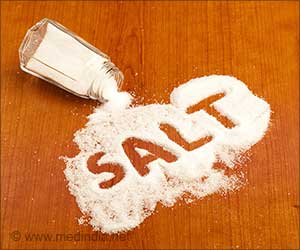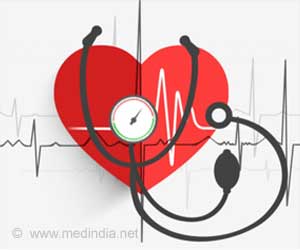Hypertension or high blood pressure as it is commonly known is a silent killer because it often goes unnoticed. It is not a life threatening disease. However, it can lead to a lot of complications such as heart attack, stroke, and kidney failure if left untreated. Fortunately, it can be diagnosed by a very simple out patient examination and treatment involves the use of anti-hypertensive medication.
Two inexpensive, but widely overlooked drugs may help many patients who continue to have high blood pressure despite taking standard blood pressure medications, according to research by Indiana University School of Medicine scientists.Amiloride and spironolactone, drugs that increase the rate of urine formation following administration have been studied by researchers in a group of African-American patients with high blood pressure. It is noteworthy to remember that Amiloride and spironolactone have been available for many years but less commonly prescribed as far as hypertension is concerned.
In the study of 98 patients, some were given one of the two drugs, some were given both, and some were given a placebo. All of the patients continued to take their standard blood pressure medication. On average, blood pressures of the patients taking either amiloride or spironolactone individually, or both drugs, dropped significantly. Moreover, the incidence of side effects in this group was significantly lower.
"The kidneys do an incredible job of holding on to sodium, which was important to the survival of our early ancestors who lived in a salt-poor world, but today there's so much salt in the food we eat that the kidneys end up holding onto too much sodium," said Dr. Pratt. The result, he said, can be high blood pressure – also known as hypertension.
It is a general clinical practice to prescribe higher doses of the medicine already being used, or add in a new blood pressure drug that could be expensive to patients who demonstrate resistance to treatment or in whom standard therapy does not restore a normal blood pressure.
The new studies throws light on the fact that these cheap, yet effective medicines could be prescribed as an alternative form of treatment in such individuals.
Advertisement








